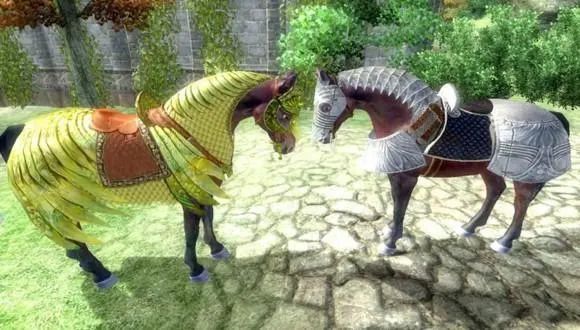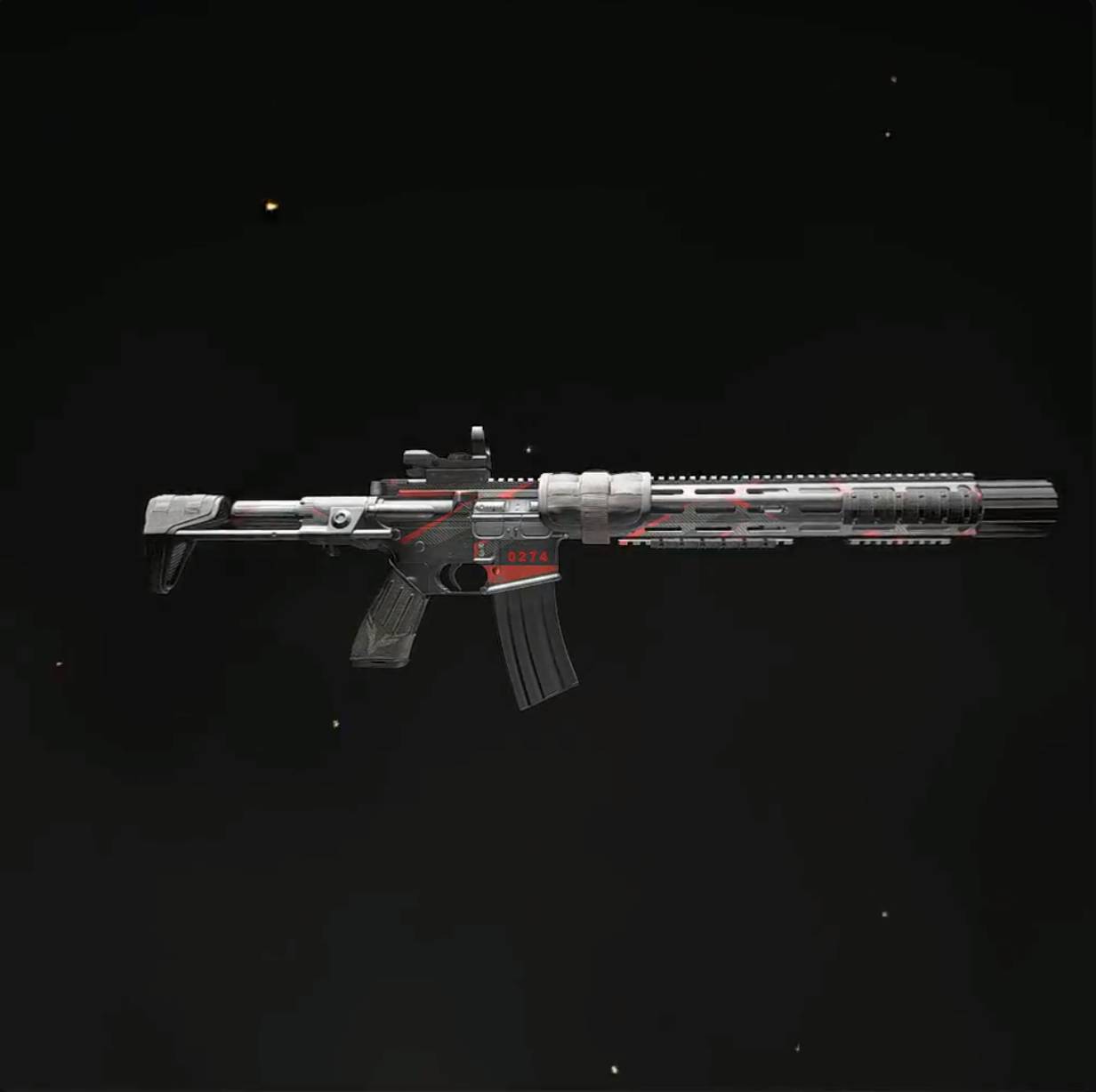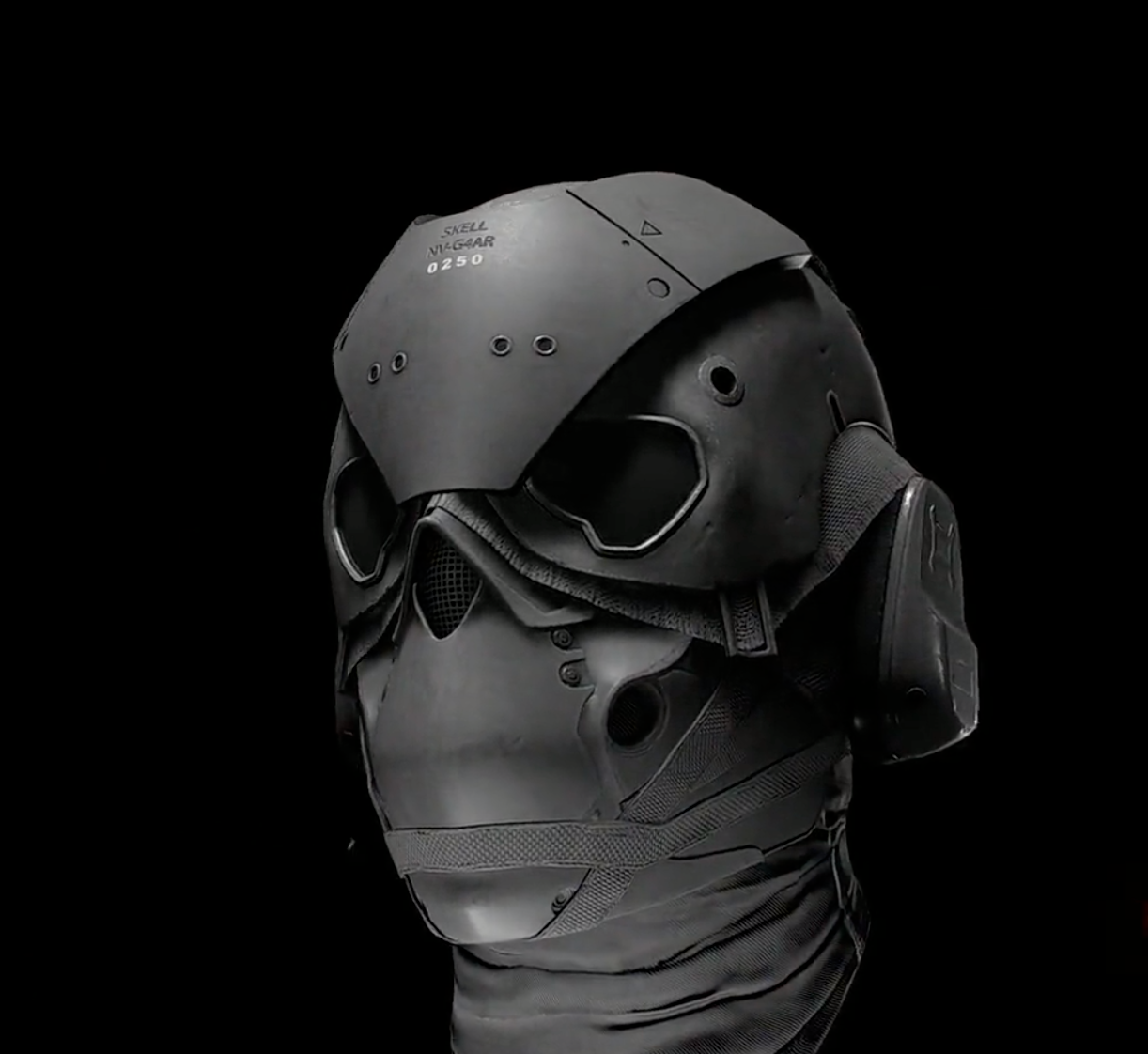It is clear now that NFTs are making waves in every industry they are applied to. Ubisoft, one of the major gaming studios, has dipped its toes in NFTs with the launch of Quartz. Gaming is a perfect match for NFTs, as the previous generation of gaming lacked interoperability and any closure of companies or servers meant losing hard-earned assets in the gaming world. We’ve come a long way since Bethesda’s horse armor DLC in 2006—one of the first in-game assets that could be purchased separate from the game itself, now a meme within the video game community.

Gaming companies are realizing the potential of converting assets into NFTs where they can transcend the reality of gaming and, most importantly, the monetary value of such assets outside of games. Axie Infinity revolutionized that potential to full use and built a sustainable ecosystem around its game, intertwining the blockchain, NFTs and DeFi.
Ubisoft’s Quartz platform will allow users to acquire Digits (the name of Ubisoft’s NFTs), which can be used in the Ghost Recon Breakpoint game. Like regular NFTs on a blockchain, Quartz will provide provenance with players’ names and unique identifiers like serial numbers. No new Digits will be added to the existing edition.

Ubisoft’s NFTs can be sold to eligible players at any price the seller feels reasonable, giving more flexibility and control over those Digits. This isn’t new to the NFT community, but for non-crypto folks, it is a new realm of ownership and freedom. Since it is on the Tezos blockchain, third party marketplace integration like Rarible and Objkt will be the likely trading destination for players.

Ubisoft stresses that the Quartz platform is focused on players. Ubisoft Connect PC players can acquire the first Digits for free and play with the genesis edition (three of which exist at the time of writing), based on in-game time played:
- Global Playtime – above 100 hours for ‘Wolf Enhanced Pants’ and 600 hours for ‘Wolf Enhanced Helmet’
- XP Level – above 5 hours for ‘M4A1 Tactical’
The economics of this initiative is a trade-off between time spent by players playing the game and the monetary value of the items acquired. When a player decides to call it quits, they can unwind their items on authorized marketplaces and do whatever they wish with the funds, which is an incentive mechanism that was not present in the traditional gaming industry.


